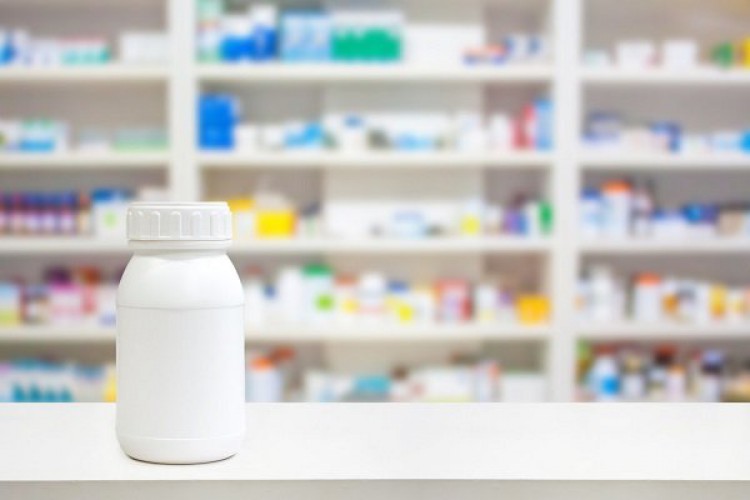The cheap price of medicine in Iran compared to other countries in the region and neighboring countries has led to the reverse smuggling of medicine from the country, and the reason is the 4,200 Toman currency that has plagued the pharmaceutical industry.
In the last year or two, travelers, especially from neighboring countries, have been paying attention to medicine as one of the items they take with them as souvenirs. The insistence on buying medicine suitcases from Iran, while the same drugs are sufficient in the countries of origin, is one of the consequences of the difference in the prices of pharmaceutical products with other countries.
In April 1997, with the aim of controlling prices, the government announced a fixed rate of 4,200 tomans for government currency. Although the purpose of implementing this policy was to provide financial support to the people, the method of its implementation, in addition to not having a significant impact on drug prices, has also faced patients with the problem of drug shortages. As the free exchange rate distances itself from the government currency, the incentives of companies importing drugs and pharmaceutical raw materials to take advantage of this price difference between the free and government rates have gradually increased. Accordingly, the allocation of 4,200 Tomans for the import of basic goods, especially medicine, in practice wasted many resources.
Whether the goods really reach the weak strata of the society with the same government currency or provide a good ground for rent-seeking and corruption overnight for some, is a matter that needs to be paid special attention to.
According to currency experts, 4,200 caused the drug market to shrink, and as a result of this shrinking market and shortage of drugs, many pharmacies closed.
The issue that arose due to the allocation of government currency for medicines was reverse trafficking. Reverse smuggling is the process of exporting imported goods or domestically produced goods, if not from official sources of export. So that travelers, especially from neighboring countries, even pay attention to medicine in the eyes of one of the items they take with them as souvenirs.
The insistence on buying medicine suitcases from Iran, while the same drugs are sufficient in the countries of origin, is one of the consequences of the difference in the prices of pharmaceutical products with other countries.
A study of the sales volume of pharmacies in pilgrimage cities and free zones, where the number of tourists visiting them is much higher than other areas, confirms this issue.
Elimination of 4200 Tomans of medicine for the benefit of the people and the country
The way to minimize such phenomena in the drug market and the outflow of national capital is to make it real. Other mechanisms, such as the Nimayi currency, can be used to support patients and vulnerable groups of society, and subsidies can be paid to insurance companies or directly to drug users themselves.
Replacing more and more rial support with dollars is the solution to meet the country's drug needs. The currency of 4200 Tomans of medicine must be removed and the difference must be paid to the insurers in Rials. Of course, insurers must also be trustworthy and expand their drug coverage. Also, health insurance should be privatized and monitored to increase insurance liability.
According to Homayoun Sameh Najafabadi, a member of the parliament's health commission, the elimination of government currency and the allocation of subsidies to insurance companies will reduce drug consumption in the country by about a third, which means that the currency needed for medicine will also be reduced.
In this regard, Mohammad Abdozadeh, Chairman of the Syndicate of Iranian Pharmaceutical Industry Owners, in a letter to the President of the 13th government regarding the challenges of government foreign exchange policies in the pharmaceutical sector, said: And reduce the development of high-tech pharmaceutical products. To get out of this problem, the syndicate therefore proposes to eliminate parallel currency systems, liberalize and unify the exchange rate, and transfer government support to insurance companies. It is also necessary to release the currency of medicine and raw materials.
Given that the president had mentioned in the election debates the need for a single currency to stabilize and control speculators, it is hoped that the new government will pay special attention to this issue.
Source: Mehr News Agency

